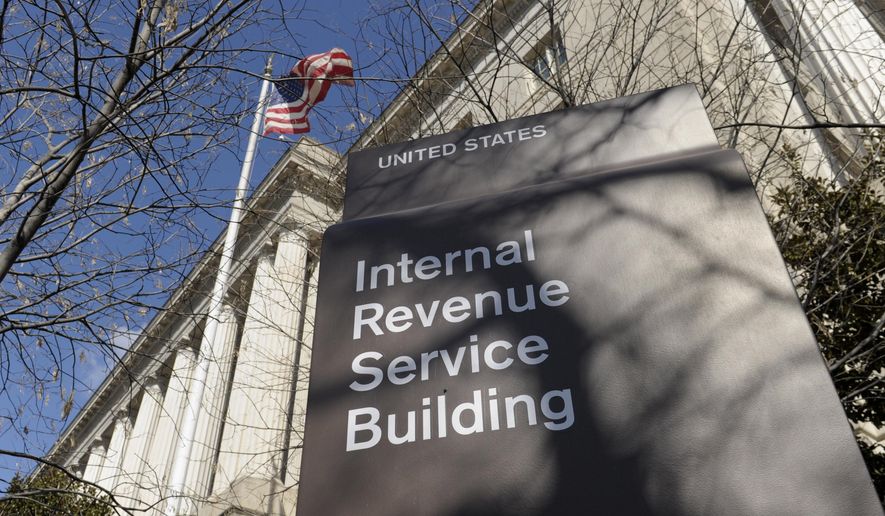Budget cuts have hollowed out the IRS’s enforcement abilities, leaving tens of billions of dollars in money that’s owed to Uncle Sam and could have been collected, had Capitol Hill ponied up, the Congressional Budget Office said Wednesday.
The wealthy have benefitted the most, with audits of millionaires peaking above 12% in the Obama years before sliding to just 3% of returns in 2018 — about one out of every 33 returns for those with incomes above $1 million.
But the working poor have also benefitted from lax enforcement, giving them room to overstate their tax credits, the CBO said. And they’re also audited far less — only about one in 170 returns with incomes lower than $200,000 is audited.
If the IRS were to get more money for examinations it could easily make it back, the CBO said. Investing an additional $40 billion over the next decade would earn a return over about $103 billion over that time.
That doesn’t include the likely change to behavior from people seeing audits increasing and more scrupulously reporting their own income in the first place, the CBO said.
Sen. Bernard Sanders, a Vermont independent who serves as Democrats’ point-man on the Senate Budget Committee and who requested the report, said it proves there’s enough money to fund Democrats’ expansive promises, if only the IRS would go after the case.
“Do not think for one second that the wealthiest country on Earth is unable to make critical investments to meet people’s basic needs in terms of healthcare, food security, education and unemployment,” he said. “We have got to invest in a robust IRS that focuses on the biggest culprits of tax evasion so we can prioritize those resources to ensure people’s basic needs.”
The “tax gap,” as it’s known, is not a new concept. The last time the IRS calculated the gap, in 2011 through 2013, it figured 16% of the money it was owed wasn’t paid on time — which averaged $441 billion a year. After enforcement, the IRS was able to recover about $60 billion a year.
Most of the tax gap comes from individuals and corporations underreporting their income.
The CBO said the tax gap is likely to be even worse this year, thanks to the coronavirus pandemic.
• Stephen Dinan can be reached at sdinan@washingtontimes.com.




Please read our comment policy before commenting.